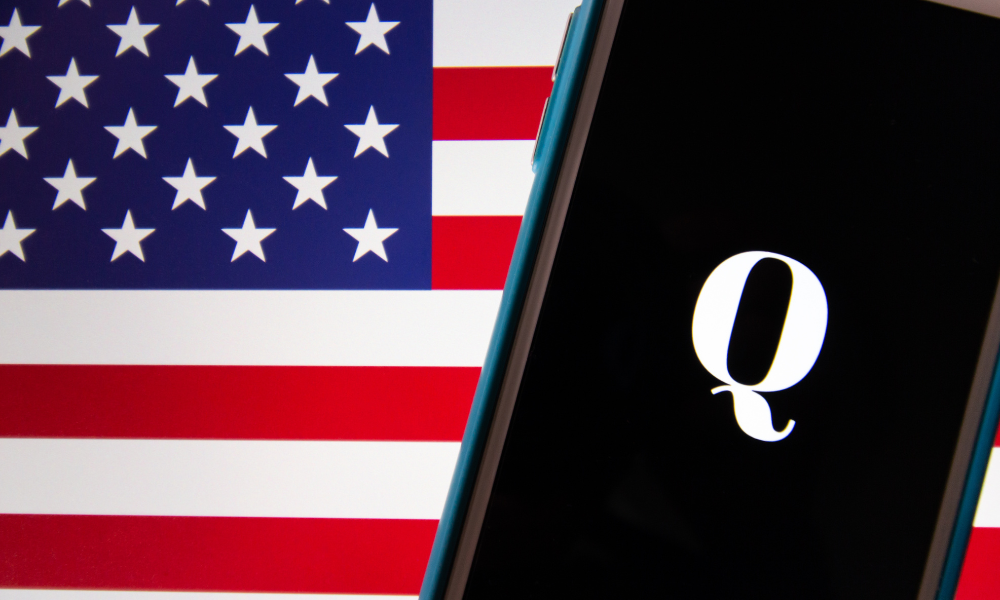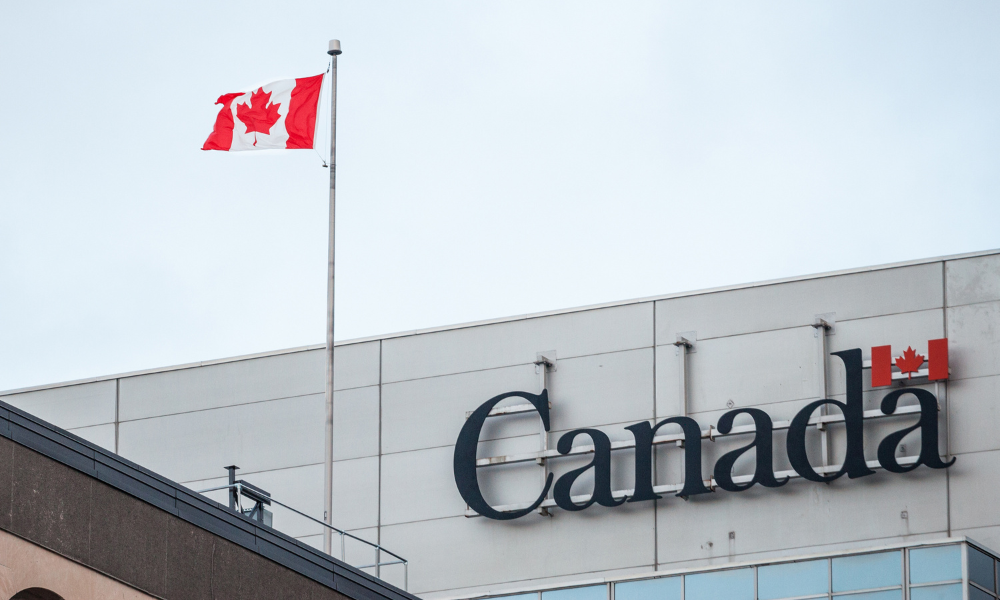'HR leaders are making these decisions with the expectation that they may need to course-correct as we learn more'

Almost all (90 per cent) HR leaders plan to allow employees to work remotely – at least part of the time – even after the COVID-19 vaccine is widely adopted.
And 65 per cent say their organization will continue to offer employees flexibility on when they work, finds a survey by Gartner, while 50 per cent think the workforce will want to return to the workplace – at least part-time – once a vaccine is widely available.
“With a COVID-19 vaccine rollout approaching, HR leaders are now faced with an onslaught of questions, including if they can or should require employees to be vaccinated, what the employer’s responsibility is in helping employees and their families get vaccinated, and how the release of vaccines impacts their return-to-the-workplace strategy,” says Elisabeth Joyce, vice president of advisory in the Gartner HR practice.
“Right now, organizations are considering different policies for employees who receive the vaccine and those who do not. What is most critical is that HR leaders are making these decisions with the expectation that they may need to course correct as we learn more.”
Sixty-two percent of 118 HR leaders surveyed report that they are planning to continue all safety measures they have put in place once a COVID-19 vaccine is available, according to Gartner. And nearly one-third say they would no longer require masks in the workplace or enforce social distancing in high-traffic areas.
When it comes to returning to their workplace, Canadian workers are keen to have thermal body temperature screening machines installed as a matter of safety, according to a survey released in August.
Vaccines at work
Once a vaccine becomes available, 60 per cent of 116 HR leaders surveyed say they will encourage employees to get vaccinated, but it will not be required. Sixty per cent say they will provide resources to employees on where and how to get vaccinated and 44 per cent say they plan to cover or subsidize the costs of the vaccine for employees.
"While there are concerns around the COVID-19 vaccine, including privacy and data security, ultimately, there are many factors involved in making decisions around an organization’s vaccination strategy, including local government regulations,” says Joyce. “Therefore, it is critical that HR leaders work closely with their legal and compliance partners.”
Nearly half (49 per cent) of working Americans believe employers should require people to have COVID-19 vaccines in the workplace, according to a separate survey released in December 2020.




